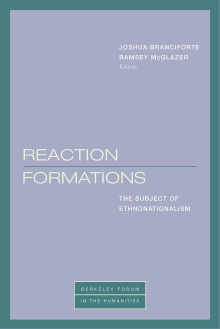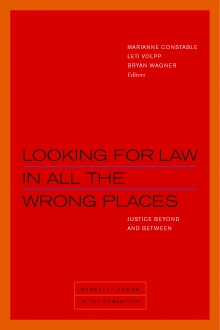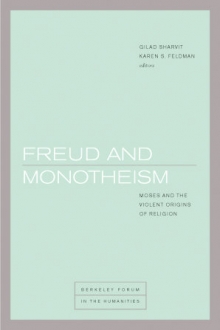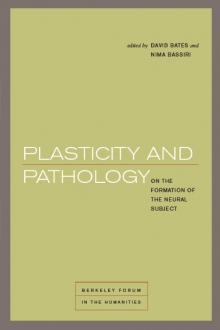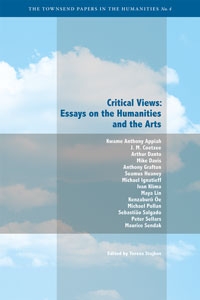The Berkeley Forum in the Humanities, formerly known as Townsend Papers in the Humanities, features topics of broad interest in the humanities and interpretive social sciences. The goals of the series are to extend the reach of some of the best work in these areas, especially work cultivated at the Townsend Center, and to present scholarship that is richly contextual along historical and social lines, while critical and challenging in its views. Berkeley Forum in the Humanities volumes and the backlist of Townsend Papers in the Humanities are published by Fordham University Press.
For more information, contact Rebecca Egger, executive director, at (510) 643-6229.
Breaking the Bronze Ceiling uncovers a glaring omission in the global memorial landscape — the conspicuous absence of women. Exploring this neglected narrative, the book emerges as the foremost guide to women's memorialization across diverse cultures and ages. As global memorials come under intense examination, with metropolises vying for a more inclusive recognition of female contributions, this book stands at the forefront of contemporary discussion.
Many new right movements have in fact intensified or laid bare long-standing tendencies, but this volume seeks to address aspects of their cultural politics that raise new and urgent questions. How should we assess the new right’s disconcerting appropriations of strategies of minoritarian resistance? How can we practice critique in the face of adversaries who claim to practice a critique of their own? How do apparently post-normative versions of nationalism give rise to heightened forms of militarism, incarceration, censorship, and inequality?
For many inside and outside the legal academy, the right place to look for law is in constitutions, statutes, and judicial opinions. This book looks for law in the “wrong places” — sites and spaces in which no formal law appears. These may be geographic regions beyond the reach of law, everyday practices ungoverned or ungovernable by law, or works of art that have escaped law’s constraints.
Freud and Monotheism: Moses and the Violent Origins of Religion critically examines a range of discourses surrounding Freud’s Moses and Monotheism, taking as its entry point Freud’s relations to Judaism, his conception of tradition and history, his theory of the mind, and his model of transgenerational inheritance.
Plasticity and Pathology: On the Formation of the Neural Subject brings together diverse scholars interested in the historical and conceptual problems of life and particularly the life of human beings in the neural age.
This volume commemorates the twenty-fifth year of the Doreen B. Townsend Center for the Humanities and captures the breadth and depth of lectures and events presented by the center. Many are revised versions of lectures and presentations organized in connection with the annual appointment of the Avenali Professor in the Humanities or the Una’s Lecturer; several are based on other events presented by the center over the years, such as the “Humanities Perspectives on Aging” program or the “Futures” lecture series organized to commemorate the center’s tenth anniversary.

